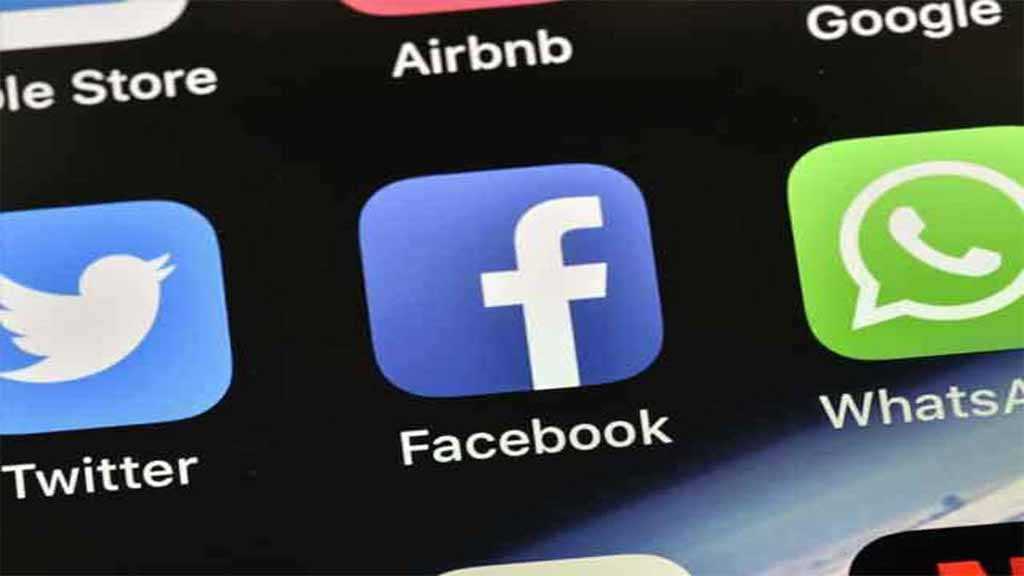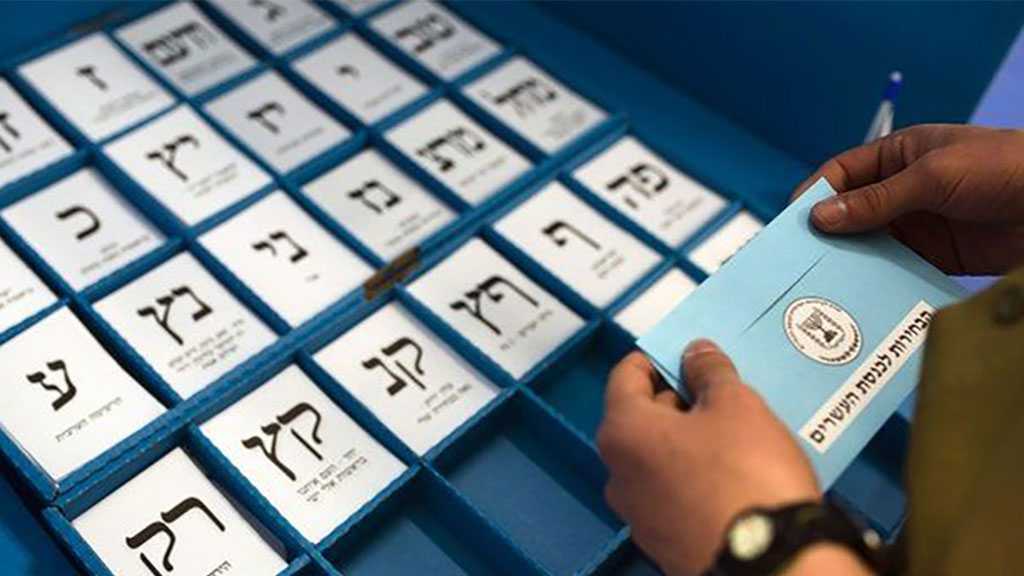Phone Hacking? Fake Twitter Accounts? You Ain’t Seen Nothing Yet

By Staff, Haaretz
“Israeli” settlers woke up Monday to a report, compiled by an “Israeli” watchdog group and revealed by Yedioth Ahronoth and The New York Times, on a network of hundreds of coordinated fake Twitter accounts sending out messages that were pro-Benjamin Netanyahu and anti-Benny Gantz. But the evidence of collusion, aside from the similarity of the messages and the fact that they were retweeted by key members of the Likud campaign and Netanyahu’s son Yair, was rather thin on the ground.
Many of the fake accounts turned out to be accounts of real people, and, in an impromptu press conference, Netanyahu was quick to push back. He sat on the stage with one of the people whose account had been accused of being a bot, a 63-year-old grandfather named Yoram, or @CaptainGeorge8, as he calls himself on Twitter.
This is the second election cyber-scare in two and a half weeks. The first was the leaked report that Iranian hackers had penetrated Gantz’s phone; the former army chief’s Kahol Lavan alliance is Likud’s main challenger in the April 9 election. The initial report, fueled by online rumors and innuendo regarding the material found on the device, temporarily derailed the Kahol Lavan campaign. But despite Netanyahu’s attempts to keep the story alive, no new details emerged, and the ruckus died down after one weekend.
Whether or not the latest report, compiled by the independent Big Bots Project, is debunked, cybersecurity experts believe it has little potential to affect “Israeli” voters. Twitter isn’t that big in the “Israeli” entity; only around 17 percent of smartphone owners use it, according to a survey carried out last year by the “Israel” Internet Society for telecom company Bezeq. Or as one political campaigner assessed it, this is no more than a quarter-million “Israelis” out of 6.3 million eligible voters.
Insider’s game
“Twitter is a tool used mainly by journalists and politicians in ‘Israel’. It’s an insider’s thing. And those who use it are inured to its effects; they have enough filters to judge and work out which news is fake,” says Boaz Dolev, CEO of cybersecurity company ClearSky and former director of the government’s internet portal. “It’s very hard to influence many ‘Israelis’ through Twitter.”
According to Prof. Karine Nahon, an information scientist and president of the “Israel” Internet Association, “The typical ‘Israeli’ voter simply isn’t on Twitter. It’s more of a tool being used by and among opinion-makers.”
As she puts it, “From today’s report I get the impression that some of the Twitter accounts being mentioned have been around for a while and they’re mainly echoing messages that we’re hearing anyway. I’m not sure how much influence they have. Perhaps it has some effect on the public agenda, but I’m not sure.”
That doesn’t mean the cyber-experts or the actual campaigners are indifferent to what may yet come in the last week before Election Day. They all expect something big to drop — especially as Likud’s endgame in the last election was so devastatingly effective. “We know it's going to come. There's nothing we can do to stop it,” says one party leader.
“The leak of the Gantz phone-hacking was premature ejaculation,” says one senior campaign strategist who requested anonymity. “Its effect has worn off. But it could also have prepared the ground for something else that will come out on April 9, or the day before, which people will be told was found on Gantz’s phone. I have no doubt that material has been prepared, and it doesn’t matter whether it’s fake or real. What matters is what people will believe and what will shift them that day.”
Bibi’s bundles
The question isn’t only what the Election Day bombshell will be made of, but how it will be unleashed on voters. Text messaging remains a weapon of choice, but it may have lost its effectiveness.
“All the parties have already bought major bundles of text messages for the last few days,” says one party’s manager for digital campaigning. “It was one of the most effective tools of the last election for Bibi. Now everyone wants them, but the deluge of text messages may be so massive that the voters will simply ignore them and the parties will end up canceling each other out.”
As Dolev puts it, “WhatsApp groups are the great untested election weapon.” WhatsApp is the most popular messaging app in the “Israeli” entity; around 90 percent of “Israelis” who are online use it, he says. “WhatsApp is quick and anonymous, and we’ve already seen what looks like trial runs,” Dolev says.
He notes three recent cases in which false information was spread rapidly by “Israeli” social media users. One was in January, when Netanyahu announced he was about to deliver “a dramatic statement” — when he said he was twice denied a chance to face the people who turned state’s evidence in the corruption cases against him. A rumor that his police investigators were themselves being questioned by the police ran wild.
“We’ve seen that at dramatic moments, these fake news stories can spread very quickly and muddle everyone,” Dolev says. “And it could be critical on Election Day.”
Nahon, the internet association president, is also concerned about the havoc such reports could wreak at a critical juncture. “At the end of this week, just before the election, when the media is no longer allowed to publish polls and is usually careful about doing too many interviews with politicians, is the perfect time for a fake story to be spread by WhatsApp.”




